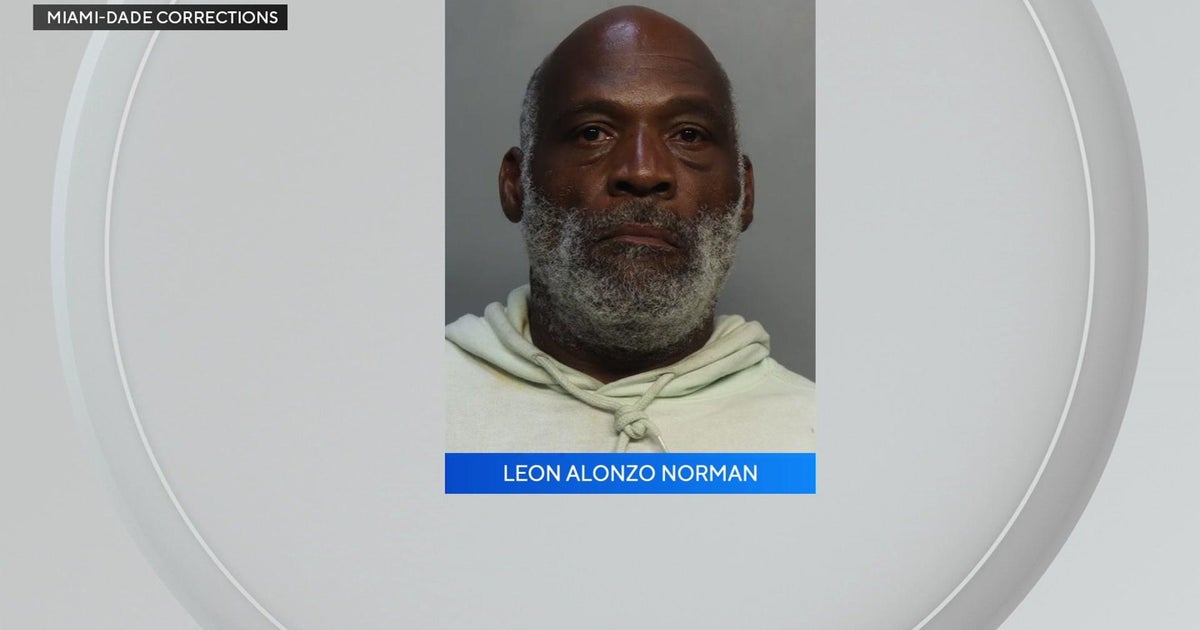City Of Miami Faces Estimated $40M Budget Shortfall
MIAMI (CBS4)- A year after filling a huge budget deficit with deep cuts in pay and pensions, Miami is staring at a budget shortfall that could reach $40 million, and is looking at reducing department budgets by 10 percent across the board.
That deficit estimate comes from senior city officials as Miami's chief financial officer resigns and the city manager prepares his exit, leaving commissioners to fret that they've been left in the dark about municipal finances.
"It shocks me both that I haven't heard about [the deficit] and that it's that large," Commissioner Francis Suarez.
According to CBS4 news partner the Miami Herald, the problems in balancing the 2012 budget, which must be approved by Sept. 30, are numerous: Property tax revenues will be down nearly $12 million from this year; the city can no longer count on $8 million in traffic tickets from its stop-light camera initiative; $10 million collected from redevelopment agencies this year won't be available in 2012; and overall costs are likely to rise as much as $10 million.
"We've been asking the departments to look at 10 percent cuts," said Budget Director Mirtha Dziedzic.
The last thing commissioners want to do is raise taxes – something Mayor Tomas Regalado has already pledged not to do – and reduce pay for the city's nearly 4,000 employees. City workers last year suffered cuts that in some cases reached to more than 20 percent of annual compensation.
With a reserve fund that has now dwindled to $13 million from $141 million, the city may have little choice.
"If I were an employee of the city of Miami, I'd be concerned too — 'Am I going to have to take another pay cut?' " wondered Commissioner Frank Carollo.
Although the fiscal challenge is reminiscent of last year's, the atmospherics in the historic Dinner Key chamber are different now. Last year banking veteran Carlos Migoya, serving as city manager, met with commissioners religiously to update them on his progress as he handcuffed the city's unions into concessions that helped fill a $105 million hole. Carollo recalls Migoya spending 6 ½ hours with him in his office last year just discussing revenues.
Now, commissioners say they don't know what's going on.
"That is absolutely right,'' said Commissioner Marc Sarnoff. "We need financial leadership. We have not been sat down and given a strategy."
That failing came up last week when Carollo complained about it on the commission dais, and his colleagues practically begged the administration to fill them in on financial matters.
"We need to vote on a tax rate in July, but we need to have numbers before us," Carollo said Tuesday. "I don't want to put the mayor on the spot, but when he says the numbers are on target, what are the numbers? We really don't have anything to date."
Mayor Regalado had not returned phone calls by late afternoon Tuesday.
Though the city's budget isn't due until the end of September, the commission must set a maximum tax rate by the end of July. After that the rate can be lowered, but not raised.
If the deficit estimate is accurate municipal employees may be in for further pay cuts. And the city's three main unions still do not have contracts in place to succeed those that expired at the end of last year. If new agreements are not reached by the end of September, both sides would go to a mediator, who would present the findings to the commission, which could either accept them or set its own contract terms.
That's what happened last year when the city saved $75 million by declaring "financial urgency," a little-used state statute that is becoming more popular statewide as budgets implode. The fire union fought the statute in court and lost. The police union's lawsuit against it is pending.
A healthy reserve is also important. Miami's rainy-day fund has plummeted to $13 million from a high of $141 million in 2003 – well below what it would need to balance its books. The city has a law on its books, created after the last financial meltdown in the late '90s, that requires it to keep roughly $80 million in reserve. But the law has no teeth and is self-imposed.
Suarez said that although the city is in better shape financially than it was last year, "We're not further along in the process … And it doesn't mean there aren't tough decisions to make."
(©2011 CBS Local Media, a division of CBS Radio Inc. All rights reserved. This material may not be published, broadcast, rewritten, or redistributed. CBS4 news partner The Miami Herald contributed material for this report)



